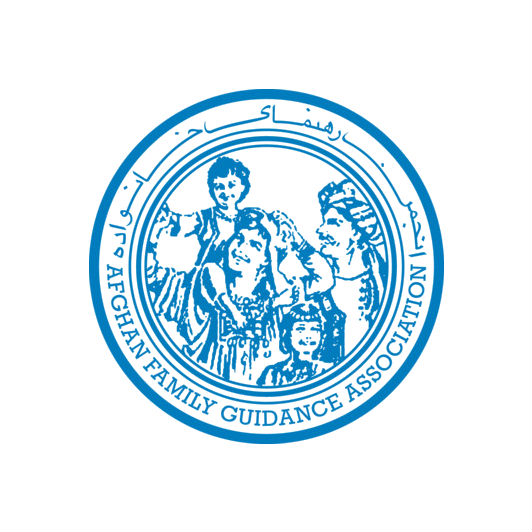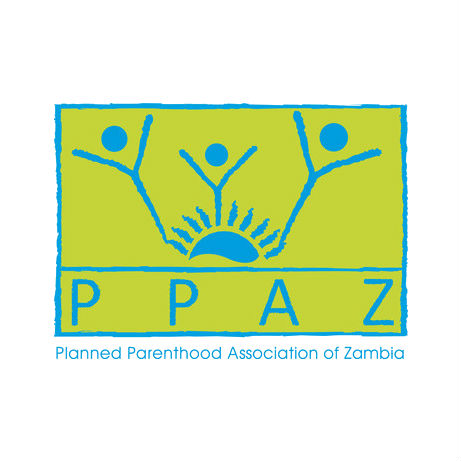

| 31 March 2016
Afghan Family Guidance Association
The Afghan Family Guidance Association (AFGA) was established in 1968 and today delivers a comprehensive range of sexual and reproductive health services and programmes. The country has some of the poorest sexual and reproductive health (SRH) statistics in the world, including: 1 in 8 lifetime risk of maternal death 13% of women aged 15-19 give birth annually 28% of children die before they reach their 5th birthday In the light of such fierce challenges, AFGA’s work is vital. Activity was suspended between 1992 and 2002 owing to war and conflict, but now the organization has permanent clinics and mobile facilities. AFGA’s Family Welfare Centres (located in Kabul, Herat and Jalalabad) provide information on contraceptives, and free contraception; counselling on family planning, adolescent health and HIV and AIDS prevention and treatment; antenatal and post-natal care (where no government-run facilities are readily accessible); screening and treatment of sexually transmitted infections (STIs); basic infertility treatment; and referral of complicated cases to hospital departments. Contacts Website: www.afga.org.af Facebook https://www.facebook.com/afganfamilyguidance

| 31 March 2016
Planned Parenthood Association of Zambia
The Planned Parenthood Association of Zambia (PPAZ) was created in 1972. Then, it was dedicated to the promotion of family planning services. Over the years, it has evolved into a major service provider and advocacy body, with significant input into government policy on sexual and reproductive health (SRH) issues. Services offered include family planning, voluntary counselling and testing (VCT) for HIV, the treatment of sexually transmitted infections (STIs), antenatal and post-natal care, emergency contraceptive provision, laboratory tests, and screening. PPAZ refers clients on for additional services including prevention of mother-to-child transmission (PMTCT), antiretroviral treatment and home-based care. The organization operates 3 static clinics, 11 mobile units and 10 community-based services (CBSs). It has a full-time staff of 34, backed by 1,300 volunteers which include over 200 community-based distributors (CBDs) and 398 peer educators. In total, PPAZ runs 229 service points. PPAZ places a strong emphasis on HIV and AIDS prevention and treatment: as the statistics show, HIV prevalence rates are exceptionally high in Zambia. PPAZ has worked intensively on integrating gender and empowerment perspectives into HIV prevention. It has undertaken behaviour change communication projects directed at young people, both in and out of school settings, and it’s taken similar projects out to rural communities. PPAZ partners extensively with non-governmental organizations (NGOs), particularly those involved in youth and HIV and AIDS work. It receives financial support from Care international, UNICEF, the Japanese Organisation for Cooperation in Family Planning (JOICEP), Forum RFSU and IPPF’s Japan Trust Fund.







